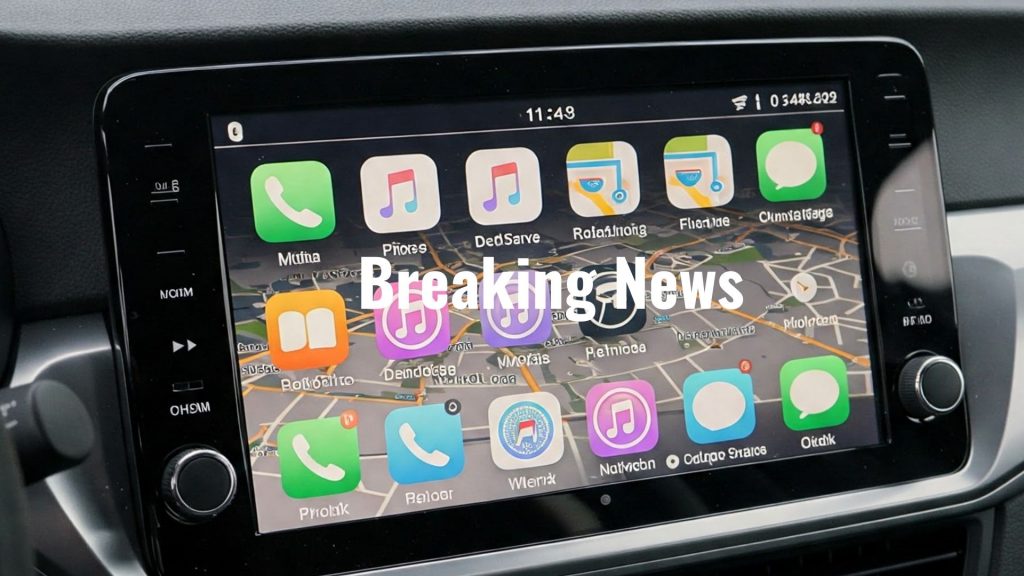General Motors (GM) has made a significant shift in its approach to in-car infotainment by phasing out Apple CarPlay and Android Auto in its electric vehicles (EVs), starting with the 2024 Chevrolet Blazer EV.
This decision has sparked considerable discussion and concern among consumers and industry observers, according to MotorTrend.
GM’s Rationale for the Change
GM’s decision is rooted in several strategic considerations:
- Enhanced Integration with EV Systems: GM aims to provide a more seamless integration between the vehicle’s infotainment system and its electric powertrain. By developing an in-house system, GM can offer features like optimized route planning that considers battery health and charging station availability.
- Improved System Stability: According to Tim Babbitt, GM’s head of infotainment, smartphone mirroring systems like CarPlay and Android Auto can suffer from connectivity issues, leading drivers to handle their phones directly, which increases distraction. By eliminating these systems, GM believes it can reduce such distractions and enhance overall safety, MotorTrend said.
- Data Control and Monetization: By utilizing its own infotainment platform, GM gains greater control over user data. This control opens opportunities for personalized services and potential subscription-based features, aligning with broader industry trends toward data-driven revenue models.
Consumer Response and Aftermarket Solutions
The removal of CarPlay and Android Auto has been met with criticism from consumers who value the familiarity and functionality of these systems, according to MotorTrend.
In response, some aftermarket solutions emerged, such as a retrofit kit developed by White Automotive and Media Services (WAMS) to restore these features in GM EVs. However, GM has since instructed dealerships to cease offering these kits, citing concerns over safety and warranty implications, The Verge Said.
Industry Context
While GM is moving away from third-party smartphone integration in its EVs, other automakers like Hyundai have reaffirmed their commitment to maintaining support for both Apple CarPlay and Android Auto, highlighting a divergence in industry strategies regarding infotainment systems, MotorTrend said.
GM’s transition to a proprietary infotainment system in its EVs reflects a strategic move to enhance integration, stability, and data control. However, this shift has generated debate about consumer preferences and the future direction of in-car connectivity.



